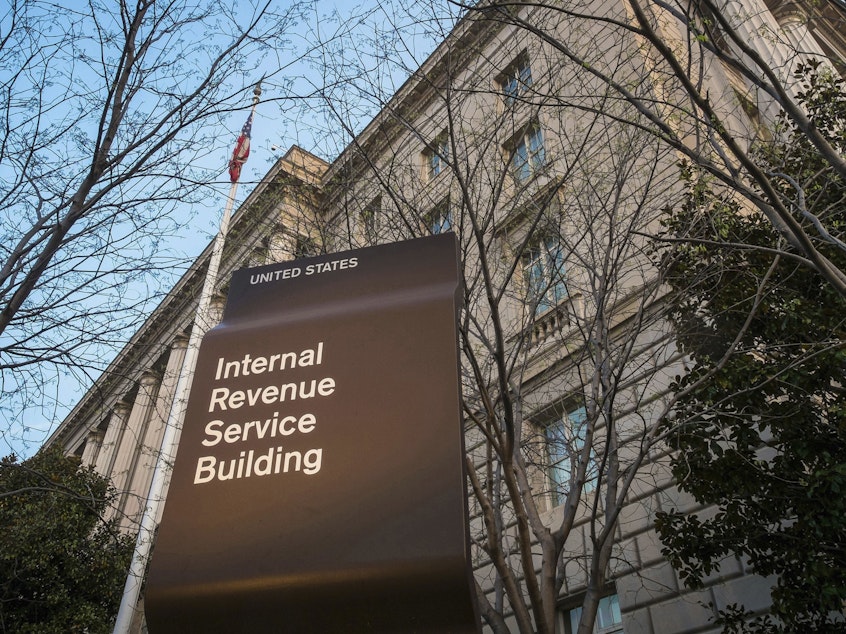That 'stimulus surprise' text is a scam

Scammers are still targeting Northwest residents with messages about fake stimulus payments at a rate that's nearly unprecedented for the Internal Revenue Service.
If you get a text or email saying you're eligible for a new stimulus payment, don't engage. It's likely a scam, according to federal officials.
A reminder: the IRS does not send people texts or emails out of the blue; it does not accept cryptocurrency; and it does not threaten people with lawsuits.
The IRS says Washingtonians are being contacted by phone, email and text by bad actors pretending to be with the agency at a near-record amount.
"We are pursuing all of these individuals that are doing it. They're just opportunists. They wait for an opportunity and they take advantage of it," said Erin Kaauwai with the IRS Criminal Investigation Division.
Kaauwai says scammers hope you'll click the links they send, and turn over your personal information.
Some message say you were picked for a payment by President Biden, or you have an unclaimed, surprise credit. The subject line or message might even say you need to send over your bank information again. Responding to them could give your information to scammers.
Sponsored
Since the start of the pandemic, the IRS has sent out three rounds of economic stimulus payments and a child tax credit to some families. Kaauwai says no other pandemic payments are issued by them at this time.
"Before an economic impact payment is sent out, we do a good job of putting that out in the media. One of the recent ones was the advance on the child [tax] credit. You can also always go to IRS.dot.gov and check the status of a payment you might be expecting," she says.
The agency is working to catch scammers, but it's more effective if consumers themselves spot the fakes, report them to the IRS and delete them, according to Kaauwai.
The IRS has set up an email for people to report scams: phishing@irs.gov.
Kaauwai was not able to provide details on how many scams have happened this year, but says it's more than they've seen in a decade.




